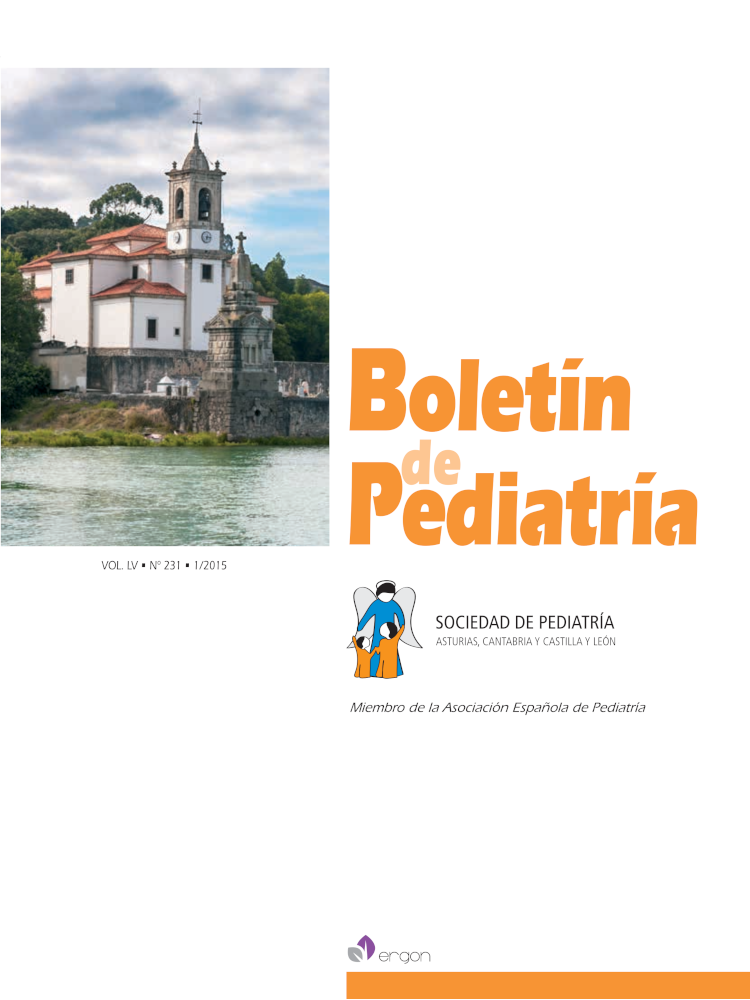Abstract
Fluid and electrolyte disturbances such as central diabetes insipidus (CDI), cerebral salt wasting syndrome (CSWS) and syndrome of inappropriate antidiuretic hormone secretion (SIADH) are frequent after acute brain damage.
The most common electrolyte complication in these patients is hyponatremia. Cerebral edema is the main manifestation and may produce a worsening of the neurological status. Hyponatremia may be due to SPSC or SIADH, both with similar clinical manifestations but different pathogenesis and management.
We report a 9 year old girl who had fluid and electrolytedisturbances after severe traumatic head injury and cerebrospinal luid fistula surgery. First developed CSWS corrected ith SSH3% and fludrocortisone, then a CDI, corrected ith desmopresin and finally SIADH, corrected with fluid estriction.
The monitoring of these patients in a pediatric intensive are unit is necessary for an early diagnosis and treatment

This work is licensed under a Creative Commons Attribution-NonCommercial 4.0 International License.
Copyright (c) 2015 Boletín de Pediatría
